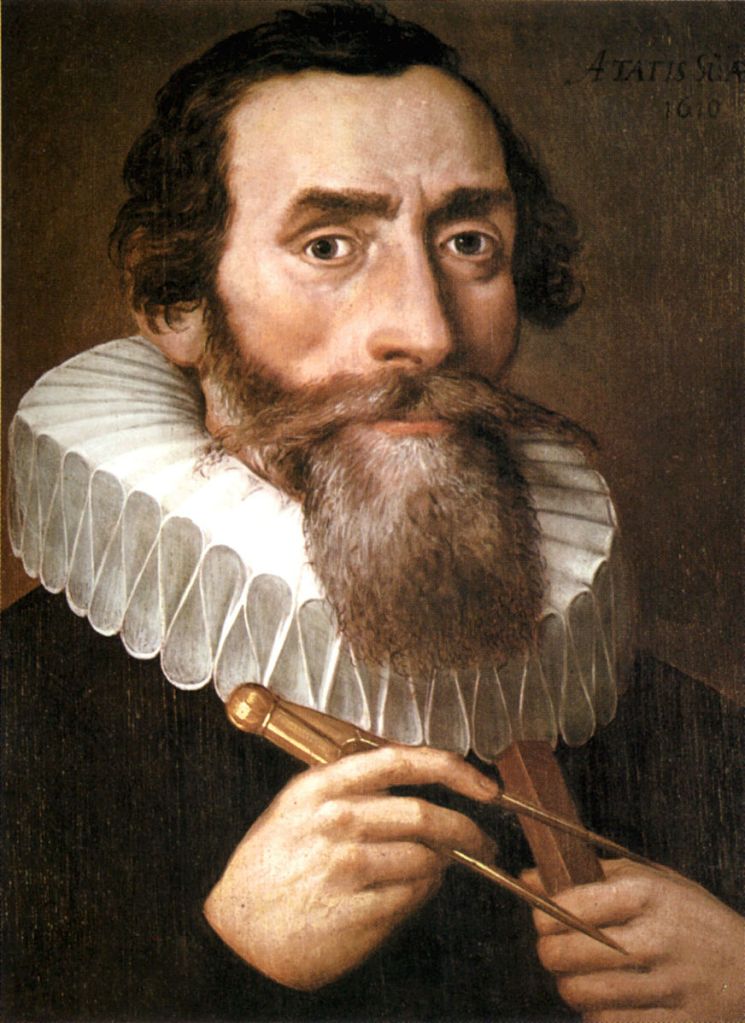Isaac Newton had several major discoveries or influences on the field of astronomy. First, he developed a theory to describe motion in the universe, gravity, and has three laws of motion named after him. Secondly, and perhaps more important to the field of astronomical observation, rather than theory, Newton’s work in optics allowed him to invent the reflecting telescope using mirrors, which provided better quality than the refracting telescopes which used lenses. (source)
Historical Events contemporary with Isaac Newton:
Glorious Revolution (England). A revolution in England surrounding the issues of religious tolerance and unjust taxation lead to the overthrow of James II, which placed William III on the throne. The reforms that accompanied this rebellion gave Parliament greater power over taxation, crown expenditures, as well as succession. This development paved the way for later uprisings and changes of government, such as the American and French Revolutions. (source)
War of Spanish Succession (Europe). In 1700, the last Hapsburg king of Spain dies without a direct heir. The ensuing squabbling over the crown lead to land war in Europe and a shifting balance of power between the colonial empires. This has implications for Europe throughout the 18th century, but also for parts of the New World. (source)
Benjamin Franklin (17 Jan 1706 – 17 Apr 1790) (21 year overlap with Newton). Franklin was an important figure in early American history, contributing much to the new nation through his contribution to the continental congress and his position as the first postmaster general. Franklin had great ties to France, which of course became America’s greatest ally during the war of independence. (source)
Part of what is very interesting to me about history is the notion that so many things that we would normally study separate from one another, occur all around the same time. Studying Newton and other contemporary events shows the complexity of world history. One would normally not consider Newton and Cromwell related, yet the lived at the same time. Their contributions to history and society were very different, yet they were countrymen.



